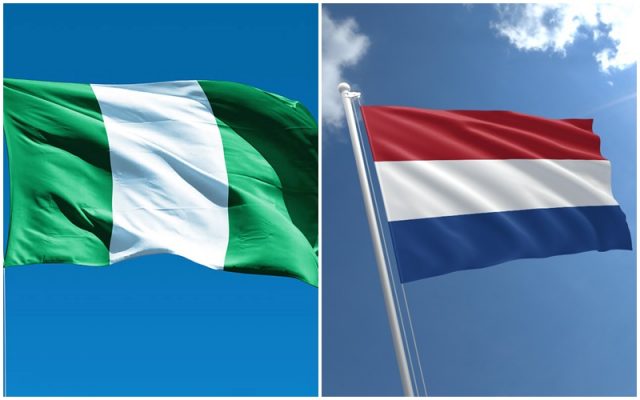
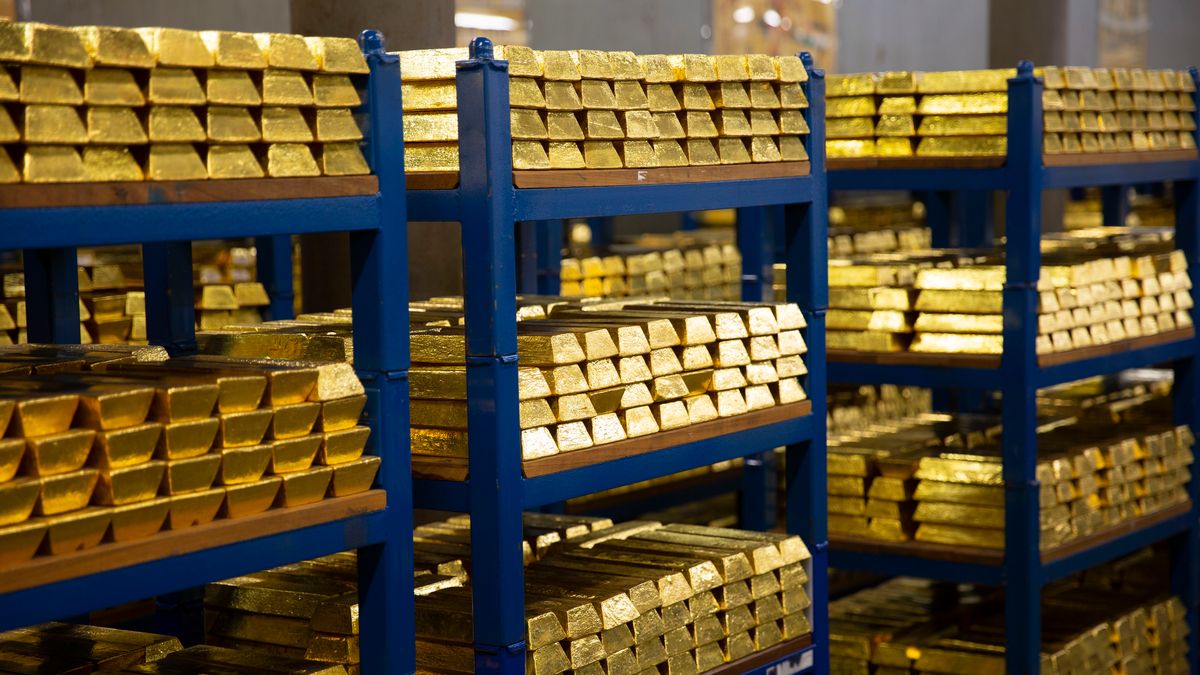
Countries with the largest gold reserves are typically those that have strong economic bases and have accumulated significant gold holdings to stabilise their currencies and economies.
As of the latest data, the following countries have the largest gold reserves:
1. United States
- Gold reserves: Approximately 8,133.5 tonnes
- The United States holds the largest gold reserves in the world, which represents a significant portion of its total foreign exchange reserves. Most of this gold is stored in Fort Knox, Kentucky, and the Federal Reserve Bank of New York.

2. Germany
- Gold reserves: Approximately 3,352.3 tonnes
- Germany has the second-largest gold reserves. The country has repatriated a significant portion of its gold reserves back to Frankfurt from locations such as the United States and France to ensure security and closer control.
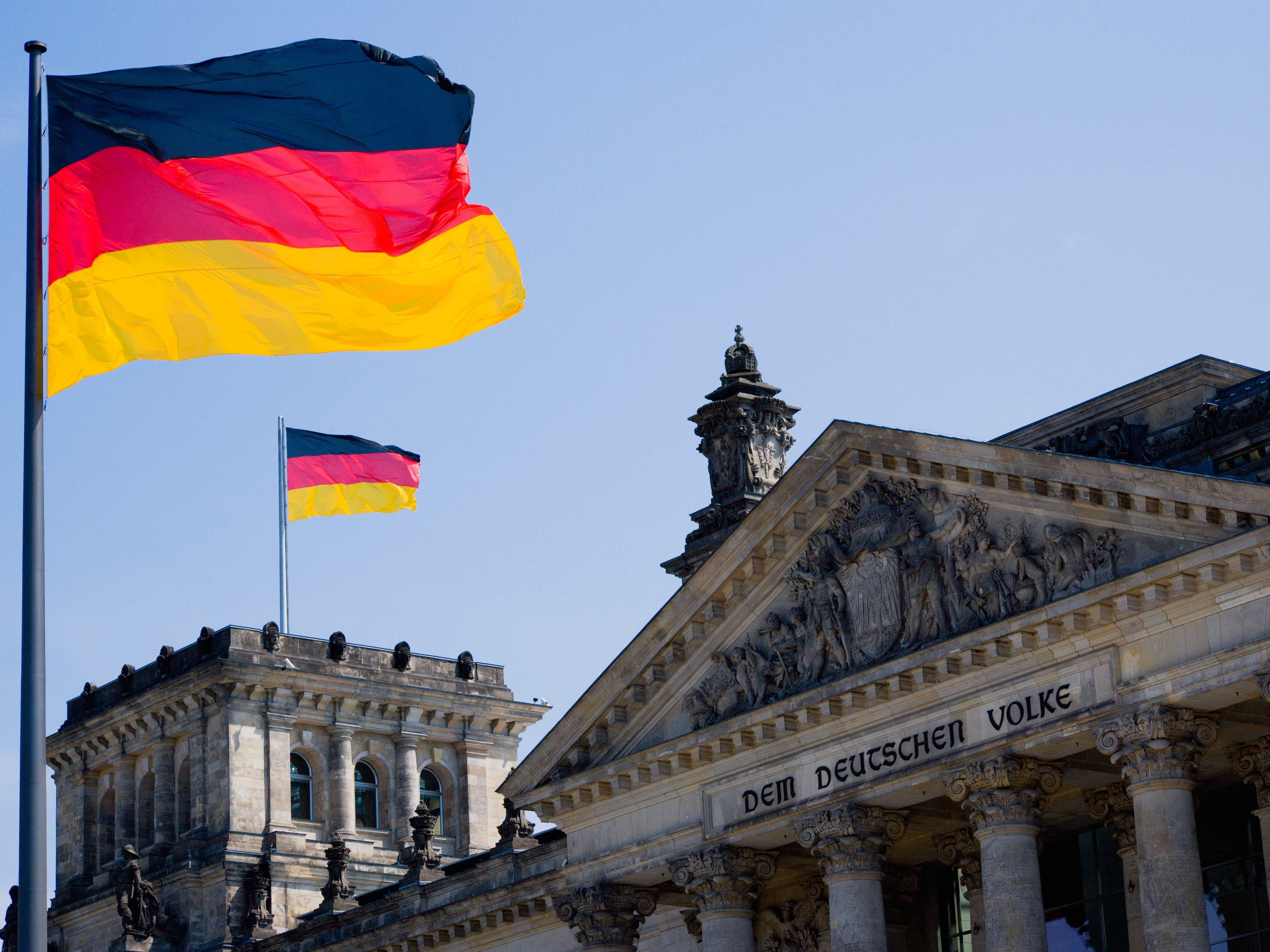
3. Italy
- Gold reserves: Approximately 2,451.8 tonnes
- Italy maintains large gold reserves, which have been a significant part of its economic strategy, providing stability to its financial system.
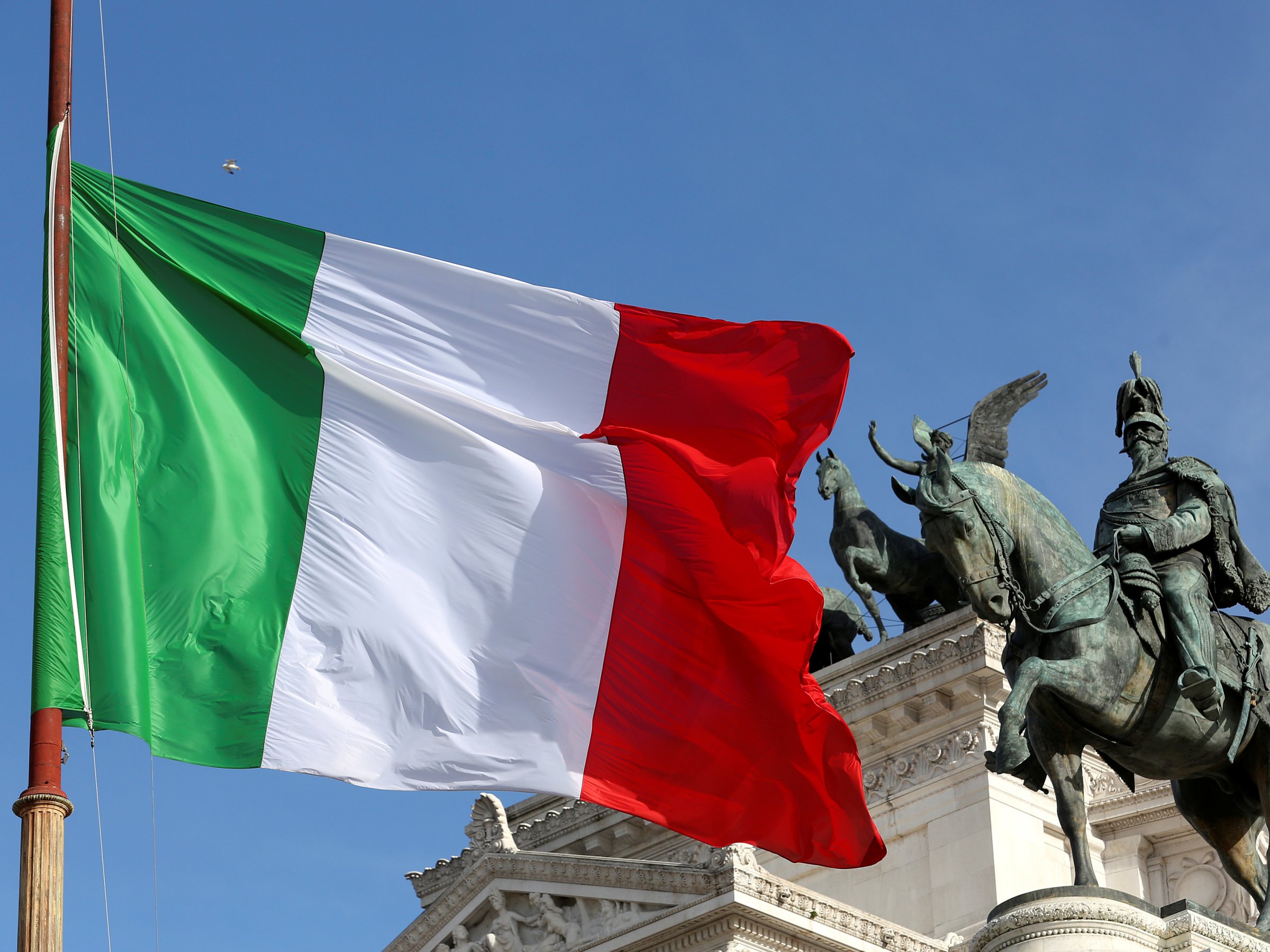
4. France
- Gold reserves: Approximately 2,436.4 tonnes
- France has long been a holder of significant gold reserves, which are managed by the Banque de France. Gold is considered an essential element of the country's economic stability and sovereignty.

5. Russia
- Gold reserves: Approximately 2,298.5 tonnes
- In recent years, Russia has been actively increasing its gold reserves as a part of its strategy to reduce dependency on the US dollar and to strengthen its economic resilience.
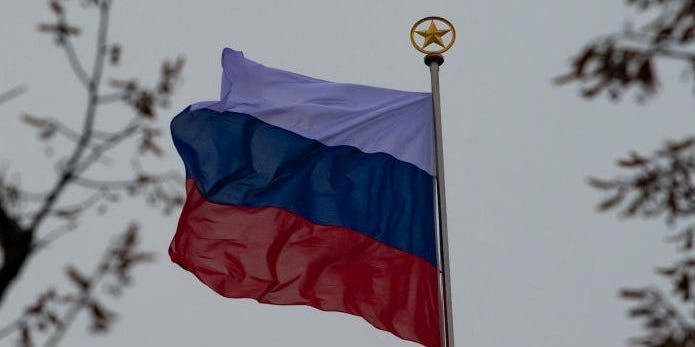
6. China
- Gold reserves: Approximately 2,010.5 tonnes
- China has steadily increased its gold holdings over the past decade. The People's Bank of China (PBOC) views gold as a strategic asset that diversifies its foreign exchange reserves.
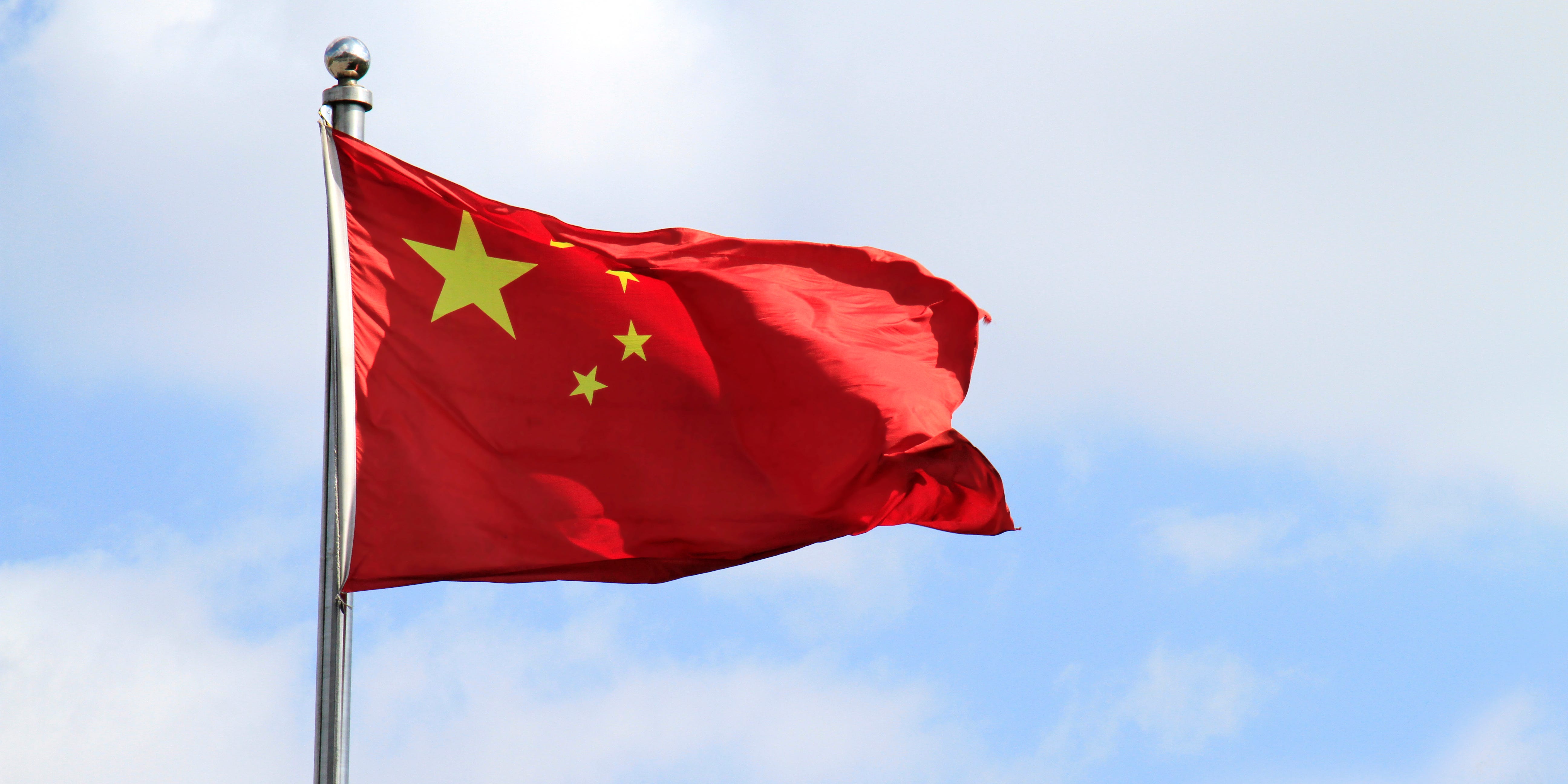
7. Switzerland
- Gold reserves: Approximately 1,040 tonnes
- Switzerland, known for its robust financial system, holds significant gold reserves. Its strategic location and reputation for financial stability have made it a global banking hub.
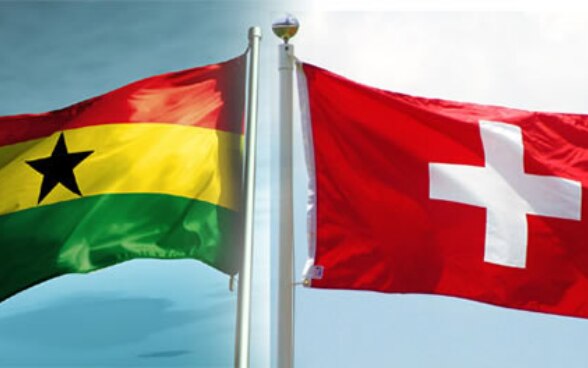
8. Japan
- Gold reserves: Approximately 846 tonnes
- Japan holds substantial gold reserves as part of its monetary policy, managed by the Bank of Japan. These reserves help provide financial stability to the country’s economy.
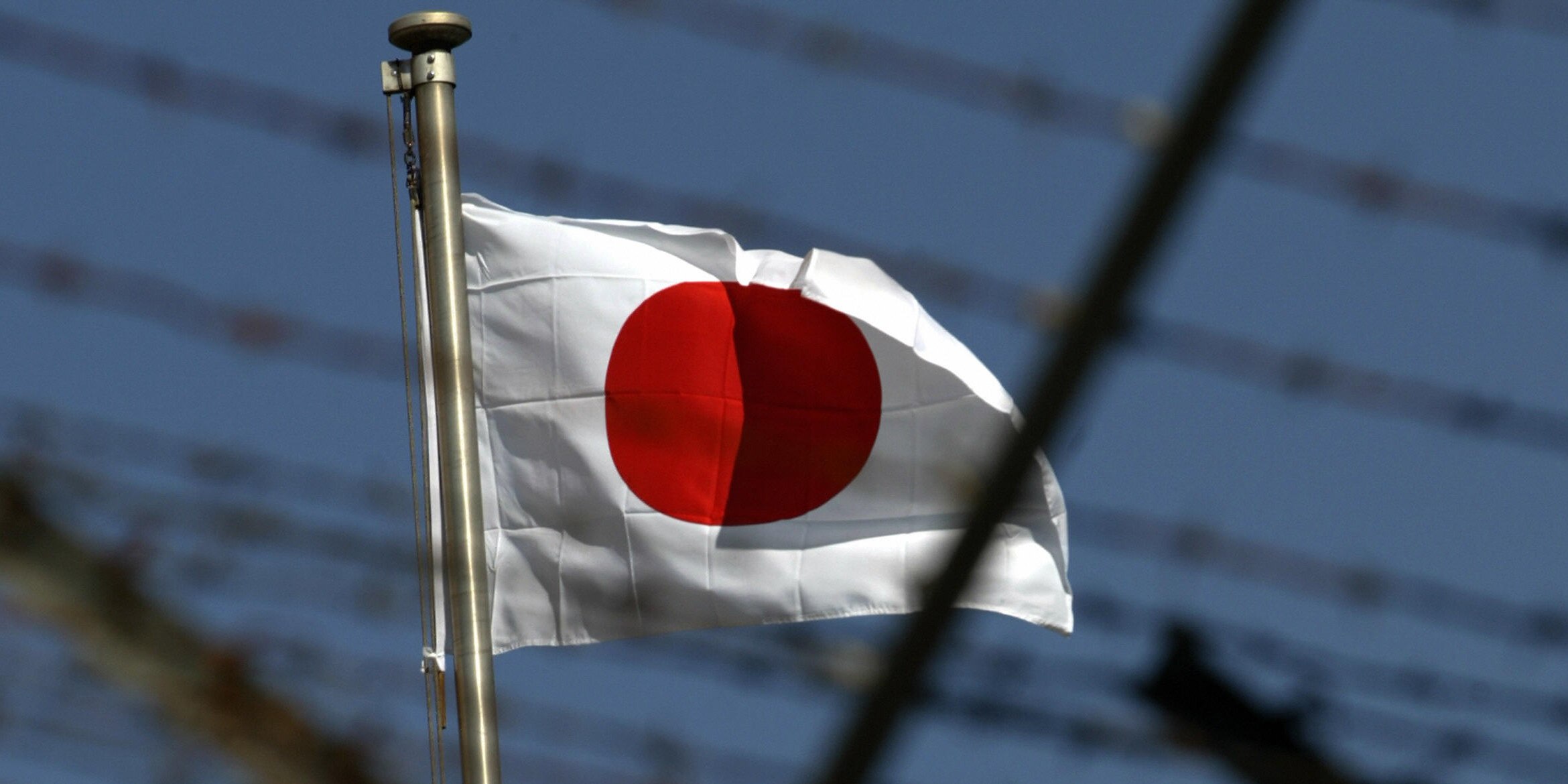
9. India
- Gold reserves: Approximately 781.9 tonnes
- India is one of the largest consumers of gold globally. The Reserve Bank of India holds a significant amount of gold as part of its foreign exchange reserves, underscoring the cultural and economic importance of gold in the country.
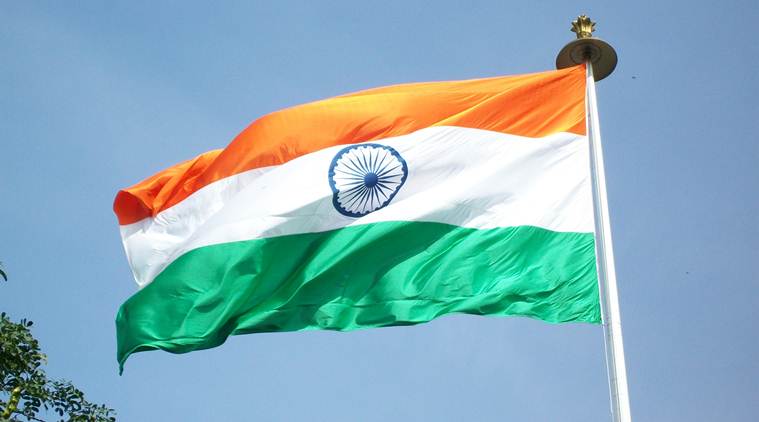
10. Netherlands
- Gold reserves: Approximately 612.5 tonnes
- The Netherlands maintains substantial gold reserves, which are considered crucial for economic security. The Dutch central bank, De Nederlandsche Bank, has also repatriated a portion of its gold from abroad in recent years.

These countries have maintained large gold reserves as a part of their economic and monetary policies to ensure stability, hedge against inflation, and provide a safety net in times of economic uncertainty. Gold is often seen as a safe-haven asset, making it an integral component of national reserve portfolios.
Read Full Story

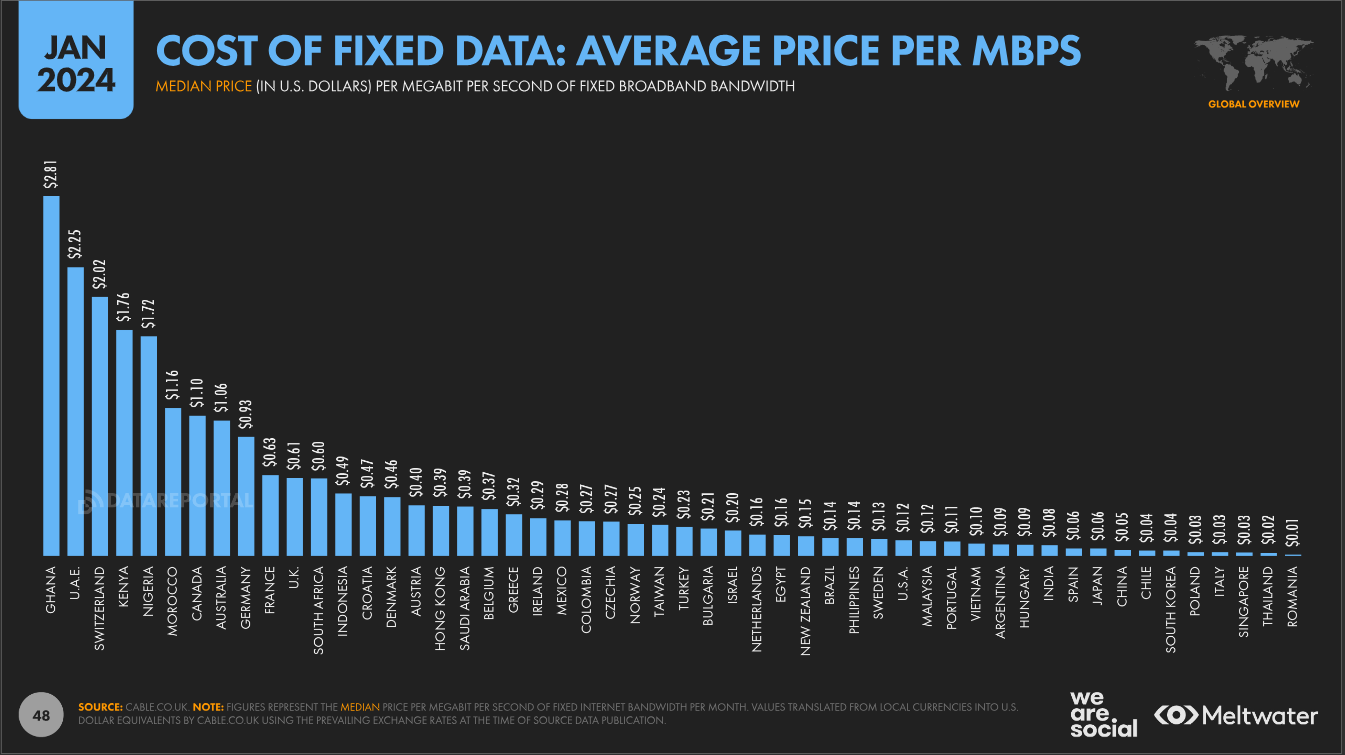


















Facebook
Twitter
Pinterest
Instagram
Google+
YouTube
LinkedIn
RSS